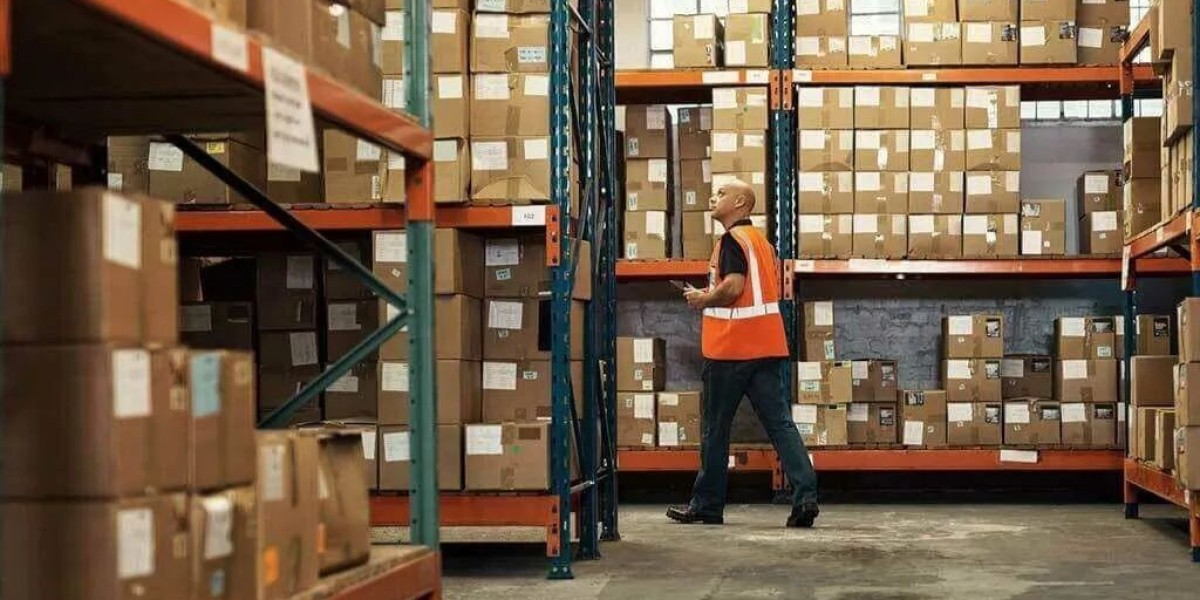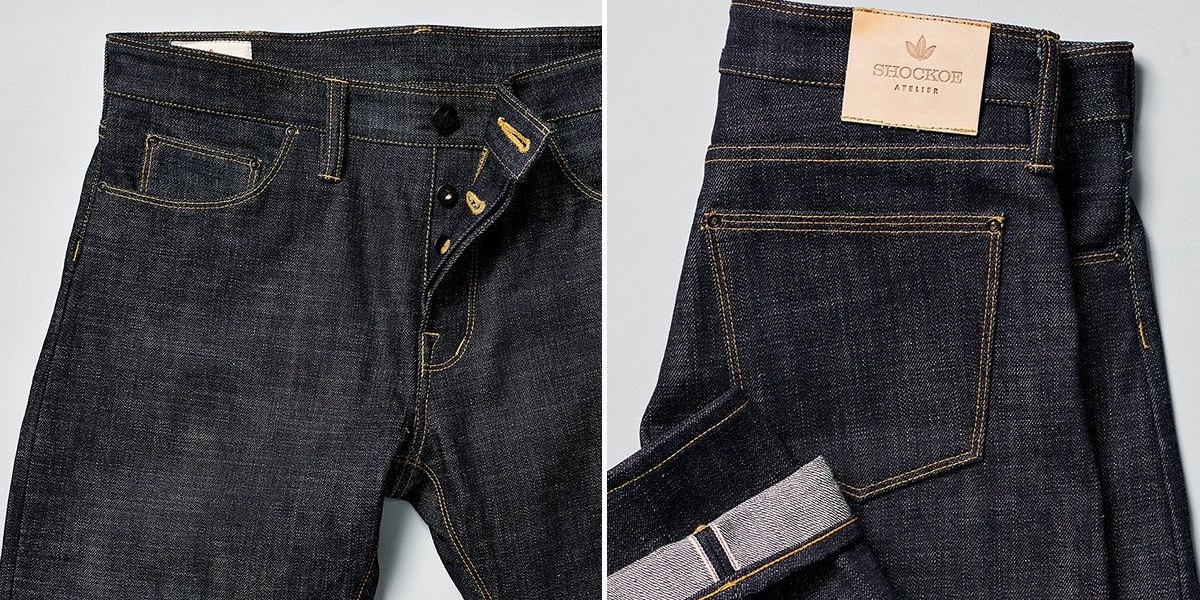Introduction
In today's fast-paced and interconnected global market, wholesale distributors play a critical role in bridging the gap between manufacturers and retailers. These entities ensure that products flow smoothly from production to end consumers, supporting businesses of all sizes in maintaining supply chains, optimizing costs, and meeting customer demands. Whether you're a small business owner, a retailer, or even a manufacturer, understanding the role and advantages of Distributors can help streamline operations and boost profitability.
This article dives deep into the role of wholesale distributors, the types of wholesalers, their significance, and tips for choosing the right wholesale distributor for your business needs.
What is a Wholesale Distributor?
A wholesale distributor is an intermediary that purchases goods in bulk directly from manufacturers and sells them to retailers, businesses, or other distributors at discounted rates. By purchasing large quantities, wholesalers can negotiate lower prices and then pass on these savings to their clients, enabling a smooth flow of goods in the market.
Wholesale distributors operate across various industries, including:
Consumer goods
Electronics
Apparel and fashion
Food and beverages
Health and wellness
Types of Wholesale Distributors
Not all wholesale distributors function the same way. Depending on the product and market requirements, different types of wholesalers serve businesses in unique ways:
1. Merchant Wholesalers
Merchant wholesalers purchase large volumes of goods, own them, and store them in warehouses before selling them to retailers or other businesses. This category includes:
General wholesalers (deal with diverse product categories)
Specialty wholesalers (focus on specific product niches such as electronics or fashion)
2. Brokers and Agents
Brokers and agents act as intermediaries without physically handling or owning the products. They connect manufacturers with buyers and earn commissions for their services. These distributors are ideal for niche markets and specialized products.
3. Dropshipping Wholesalers
Dropshipping wholesalers allow retailers to sell products without holding inventory. When a retailer makes a sale, the wholesale distributor ships the product directly to the customer. This model reduces storage costs and risks for small businesses.
4. Cash-and-Carry Wholesalers
Cash-and-carry wholesalers operate on a model where businesses purchase goods directly from warehouses and pay upfront. This is common in food, beverages, and small consumer products.
5. Online Wholesalers
With the rise of e-commerce, many wholesalers now operate online platforms that allow businesses to place bulk orders with ease. These platforms streamline the ordering process and offer competitive pricing.
Importance of Wholesale Distributors in Business Supply Chains
Wholesale Distributors Usa provide immense value to businesses by acting as an efficient link between manufacturers and retailers. Here’s how they contribute to modern supply chains:
1. Cost-Effectiveness
By purchasing in bulk, wholesale distributors benefit from economies of scale, allowing them to offer products at lower prices to retailers. This helps retailers maintain healthy profit margins.
2. Access to a Wide Range of Products
Wholesale distributors often deal with multiple manufacturers, providing businesses with access to diverse products under one roof. This saves time and effort for retailers seeking to diversify their offerings.
3. Inventory Management
For small businesses, managing large inventories can be costly and challenging. Wholesale distributors take on this burden, storing goods in warehouses and allowing businesses to purchase stock as needed.
4. Logistical Support
Many wholesale distributors offer logistics and transportation services, ensuring timely delivery of products to businesses. This reduces the hassle of managing supply chains independently.
5. Market Insights and Expertise
Experienced wholesalers have deep insights into market trends, product demands, and competitive pricing. They can advise businesses on stocking the right products to maximize sales.
How Wholesale Distribution Works
Understanding how wholesale distribution works can help businesses navigate relationships with distributors more effectively. Here is a breakdown of the process:
Manufacturer to Wholesaler: Manufacturers produce goods and sell them in bulk to wholesale distributors at discounted rates.
Storage and Inventory Management: The wholesaler stores products in warehouses and maintains inventory to meet future demand.
Retailer Orders: Retailers or businesses place orders with the wholesaler, often at pre-negotiated prices.
Fulfillment and Delivery: The wholesaler processes orders and ensures timely delivery to the retailer.
Retail to Consumer: The retailer sells the products to end customers, completing the supply chain.
Benefits of Working with a Wholesale Distributor
If you’re a retailer or business owner, partnering with a reliable wholesale distributor can offer numerous advantages:
Lower Costs: Buying in bulk reduces the cost per unit, improving profit margins.
Scalability: Wholesale distributors make it easy for businesses to scale up operations without worrying about sourcing and logistics.
Time-Saving: Retailers can focus on sales and customer engagement while wholesalers handle supply chain management.
Reduced Inventory Risks: Businesses can order stock as needed instead of holding large inventories.
Product Variety: Wholesalers often carry a wide range of products, enabling businesses to expand their offerings.
How to Choose the Right Wholesale Distributor
Selecting the right Tire Rack Wholesale distributor is critical to your business's success. Here are some key factors to consider:
1. Reliability
Ensure the distributor has a strong reputation for timely deliveries, quality products, and responsive customer service. Look for reviews, testimonials, and references.
2. Pricing
Compare pricing among multiple distributors to ensure you’re getting competitive rates. Be cautious of hidden fees or additional charges.
3. Product Range
Choose a distributor that offers a diverse range of products relevant to your business. This will save time and consolidate your supply chain.
4. Logistics and Delivery
Assess the distributor’s ability to deliver products promptly and efficiently. Consider factors like shipping times, delivery costs, and warehousing locations.
5. Customer Support
A distributor with excellent customer support can address issues quickly, ensuring smooth business operations.
6. Scalability
As your business grows, you’ll need a distributor who can accommodate increasing order volumes and demands.
Trends in Wholesale Distribution
The wholesale distribution industry is evolving rapidly, influenced by technological advancements and shifting market dynamics. Here are some emerging trends:
1. E-Commerce Platforms
Online wholesale platforms like Alibaba, Amazon Business, and Faire are transforming the way businesses purchase goods. These platforms offer convenience, transparency, and competitive pricing.
2. Automation and AI
Wholesale distributors are leveraging automation and AI for inventory management, order processing, and demand forecasting, reducing errors and improving efficiency.
3. Sustainable Practices
Many wholesalers are adopting sustainable practices, such as eco-friendly packaging, reducing waste, and sourcing from ethical manufacturers.
4. Dropshipping Partnerships
The rise of dropshipping allows businesses to operate without holding physical inventory, making wholesale partnerships more attractive for small e-commerce stores.
Conclusion
Wholesale distributors are a cornerstone of modern business supply chains, connecting manufacturers with retailers efficiently and cost-effectively. By purchasing in bulk, managing inventory, and providing logistical support, they enable businesses to focus on growth and customer satisfaction.
Whether you're a retailer looking for competitive pricing, a manufacturer aiming to expand your market reach, or a small business exploring dropshipping opportunities, partnering with the right Wholesale Extracts Flavorfrenzy distributor can significantly enhance your operations. As technology and market trends continue to shape the wholesale industry, businesses that adapt and choose reliable distributors will remain competitive and thrive in an ever-evolving marketplace.








